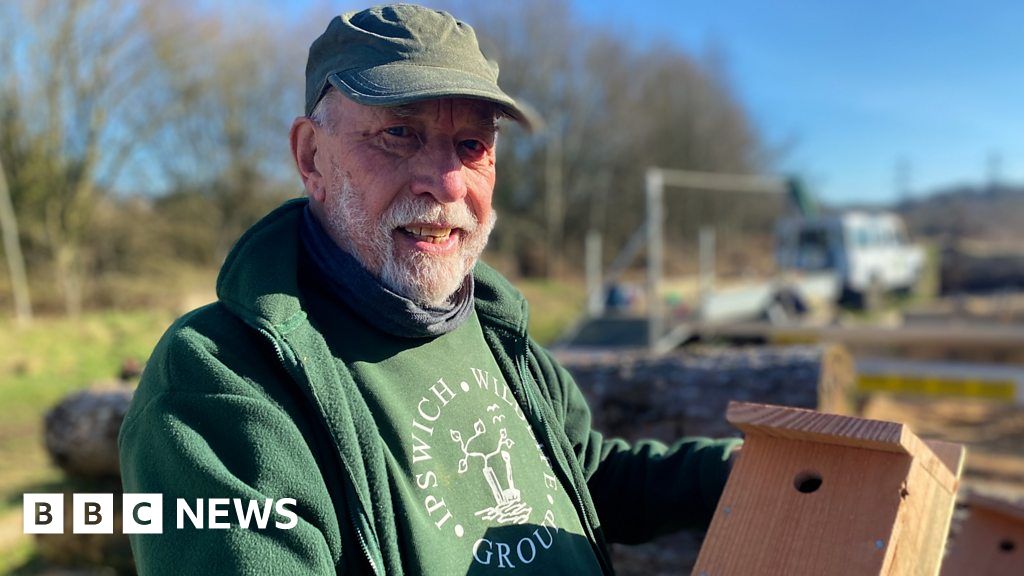OK, it's National Nestbox Week and many people will be putting up new or replacing old nestboxes in their gardens and other places. However, is it really a good thing to do? There is some discussion in the habitats and species circles that suggest it is not entirely beneficial and that, if you do, you should consider some mitigation.
So, why can't it be good? Mainly for the same reason that feeding in winter has a downside. By putting up nest boxes we are making life easy for some species that compete for the same food resources and nest sites later in the year that have not had that 'support'. So our blue tit and great tit populations are doing really well but they occupy these lovely nesting sites well before the pied flycatchers and redstarts arrive. If the tit population wasn't so well fed in winter there would be fewer of them and competition would be more even.
There are many other species that compete for all those insect grubs in the nesting season including spotted flycatchers, garden warblers, chiffchaffs, blackcaps... the list goes on.
Yet, with loss of old trees and a general attitude to 'over-tidiness' there is a shortage of nest sites anyway. So what can we do? As far as feeding goes I'm not going to suggest you stop but I think we should be aware of the downside as well and consider if we can mitigate in any way. For nest boxes, consider putting new ones up later - late March, early April when the flycatchers are arriving. Or block up some and open them up in time for the tourists. Even a few open nest boxes (used by spotted flycatchers for example) could be kept vacant from robins by blocking them off.
I know some of you will disagree totally but, I hope, I have at least made you think about it
So, why can't it be good? Mainly for the same reason that feeding in winter has a downside. By putting up nest boxes we are making life easy for some species that compete for the same food resources and nest sites later in the year that have not had that 'support'. So our blue tit and great tit populations are doing really well but they occupy these lovely nesting sites well before the pied flycatchers and redstarts arrive. If the tit population wasn't so well fed in winter there would be fewer of them and competition would be more even.
There are many other species that compete for all those insect grubs in the nesting season including spotted flycatchers, garden warblers, chiffchaffs, blackcaps... the list goes on.
Yet, with loss of old trees and a general attitude to 'over-tidiness' there is a shortage of nest sites anyway. So what can we do? As far as feeding goes I'm not going to suggest you stop but I think we should be aware of the downside as well and consider if we can mitigate in any way. For nest boxes, consider putting new ones up later - late March, early April when the flycatchers are arriving. Or block up some and open them up in time for the tourists. Even a few open nest boxes (used by spotted flycatchers for example) could be kept vacant from robins by blocking them off.
I know some of you will disagree totally but, I hope, I have at least made you think about it

